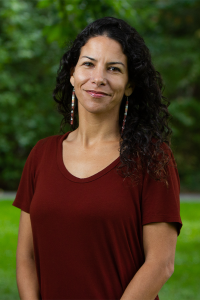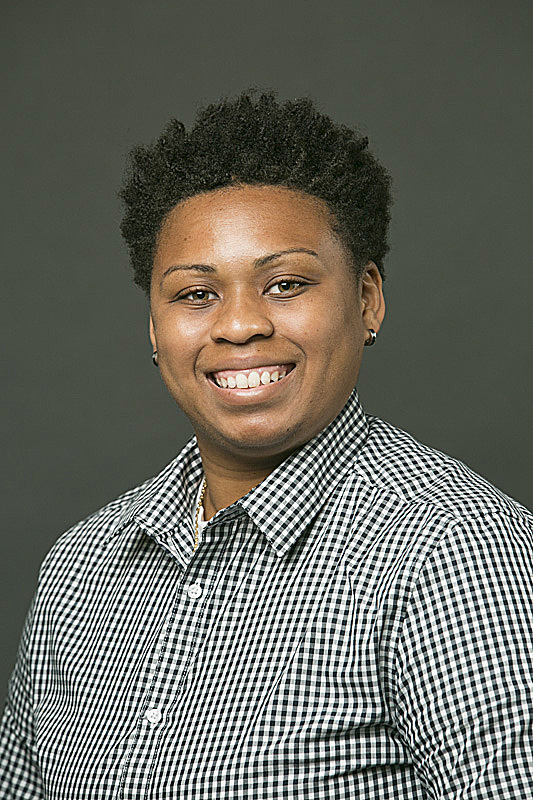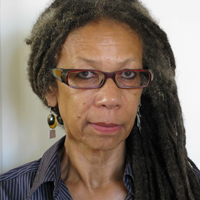How has colonialism structured our society?
How can we dismantle these structures, and rebuild with equity in mind?
CESJ's 2020 Symposium on Decolonization will consider these questions from the perspective of education, cities, and law.
Join the conversation on Monday, March 9th, 2020, from 12 - 4 PM in UK Athletics Auditorium, W.T. Young Library. Catered reception to follow: 4-5, next door in the Alumni Gallery. Lunch will be served to all symposium guests.
 |
Dr. Leilani Sabzalian (Alutiiq) is an Assistant Professor of Indigenous Studies in Education and the Co-Director of the Sapsik'wałá Teacher Education Program at the University of Oregon. Her research focuses on creating spaces to support Indigenous students and Indigenous self-determination in public schools, and preparing teachers to challenge colonialism in curriculum, policy, and practice. She is also dedicated to improving Indigenous education at in the state of Oregon by serving on the American Indian/Alaska Native State Advisory Council and strongly advocating for legislation such as Senate Bill 13, which requires and supports educators in teaching about tribal history and sovereignty in K-12 public schools. Her book, Indigenous Children's Survivance in Public Schools, provides educators and administrators with case studies to understand how colonialism continues to shape educational policy and practice, and fosters educators’ anticolonial literacy so that teachers can counter colonialism and better support Indigenous students in public schools. |
 |
Talk Title: "Decolonize this Place!: Lessons from on the ground with Black Women in the Movement for Black Lives." Dr. Shaneda Destine is an Assistant Professor with a dual appointment in Sociology and Africana Studies at the University of Tennessee, Knoxville. Dr. Destine’s research focus is race, gender, sexuality, and contemporary social movements. She is most interested in how state violence effects the overall well-being of marginalized people. She investigates forms of resistance of Black women and Black Queer people, as they create spaces of Black Joy and Respite, while struggling for liberation. Her research highlights the unique ways Black women and femmes are affected by state violence and the ways in which they strategize and negotiate organizing, leading and caring for themselves and movement participants, as part of their political practice. Dr. Destine’s work is theoretically informed by Critical Race Theory, Intersectionality, and Black Radical Social Movement Theory. Her goal is to further the notion that race, gender, class, and sexuality act as vectors of oppressions central to the sustaining global capitalism and systemic oppression, particularly through state violence. Dr. Destine’s work can be found in in Humanity and Society, Issues in Race & Society: An Interdisciplinary Global Journal 4 (1), and Societies Without Borders: Human Rights and the Social Sciences 10 (1). She is currently working on multiple articles and a book project. |
 |
Keynote: Dr. Ruth Wilson Gilmore serves as a professor of geography in the doctoral program in earth and environmental sciences at and as associate director of the Center for Place, Culture and Politics at CUNY. Her wide-ranging research interests include revolution and reform, environments and movements, prisons, urban–rural continuities, and the African diaspora. From 2010 to 2011, she was president of the American Studies Association (ASA), the nation’s oldest and largest association devoted to the interdisciplinary study of American culture and history.
Gilmore was already known as an activist and an intellectual when she came to the Graduate Center from the University of Southern California in Fall 2010. In her first book, Golden Gulag: Prisons, Surplus, Crisis, and Opposition in Globalizing California (2007), which ASA recognized with its Lora Romero First Book Award, she examined how political and economic forces produced California’s prison boom. In the 2012 DVD “Visions of Abolition: From Critical Resistance to a New Way of Life,” Gilmore joins other scholars to examine the prison system and the history of the prison abolition movement. Her work is widely anthologized, including in the groundbreaking essay compilation The Revolution Will Not Be Funded: Beyond the Non-Profit Industrial Complex. |
